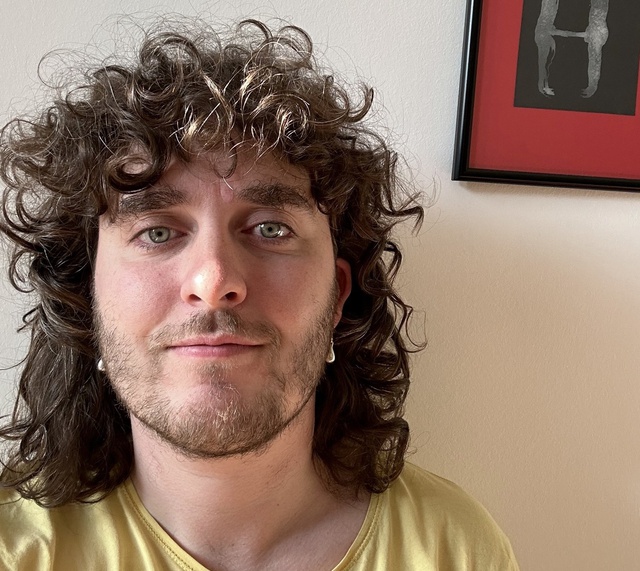How the Mainstream Benefits from Experimental Arts
25.07.23
Karl Taylor, director of BUZZCUT festival and producer of Take Me Somewhere, talks to us about experimental performance art in Scotland, and how the mainstream can benefit from better funding and recognition of these works.
This post is the third in a series of articles covering the arts in Scotland beyond Edinburgh Fringe. Click to read our previous posts by Ashley Davies and Arusa Qureshi.
For me, the idea of the “mainstream” brings up questions of commercialism; of a sector that has to be thinking around commercial viability and profit. Therefore, decisions are made based on some people’s understanding of what audiences want to see and consume. It seems a strange UK phenomenon that any theatre work that isn't a play or centred around the writer, director model is considered experimental, fringe, on the margins or niche, and is therefore under-supported and under-funded. If you look at the works packing in houses with thousands of people across Europe, there is a far less rigid approach towards theatre making, with shows that truly move between forms and embrace uncertainty, risk and experimentation.
I’m director of BUZZCUT Festival, and producer at Take Me Somewhere, both organisations which try to create the conditions for contemporary performance to be made and seen in Scotland. The work we support tends to be performance that pushes understanding of form, moving between disciplines, and trying to reimagine what performance can be, do or say in the present moment.
It gives space for ideas and processes that are not driven by commercialism or profit. We try to be led by artists' desires and impulses, and see where that journey takes us. This allows artists to discover processes, engage in deep research & create space for challenging or previously unarticulated ideas.
I'm thinking of works like Walking:Holding, by Rosana Cade, a performance for one person at a time where you walk around a city as you hold hands (one at a time) with five or six individuals who are all different in terms of age, race, gender, sexuality and ability. You experience how the public’s perception of you as a couple changes, depending on who you’re holding hands with.
Whilst walking, you hold intimate conversations with these different strangers, or simply walk in silence. It’s an intricate, delicate, profound experience, which asks important and challenging questions around sexuality, intimacy and the ownership of public space. Rosana's used this work as a reference point in conversations with academics and policy makers considering public safety, city planning and in workshops with young trans people. Its impact exists far beyond the audiences who experience it and it was one of the most transformative experiences of my life.
I’m also thinking of The Dan Daw Show, an unashamedly queer and sexy performance, in which two men practise kink, care and intimacy in a hot and tender duet. As a disabled queer man, Dan articulates how he’s spent his life being “an inspiration to others”, however, in this project, he creates a space to inspire himself; following his own desires, and determining how an audience watches on his terms.
Disabled-led conversations around kink and sexuality are rare but once they have been manifested into the world through projects such as Dan’s the mainstream has to respond in some way. Once the cat’s out of the bag you can’t put it back in.
Despite the endless potential and the constant stream of new ideas and aesthetics bleeding into the mainstream, artist-led processes are wildly under-supported and under-funded in the UK. Our ecology does not support artists to create the work they want to make and invest in long-term research and experimentation. Our funding and touring system is set up to encourage short, sharp development processes with small teams and minimal development time.
Without a recognition of the value of free-form experimentation and properly funded development processes, these spaces for true innovation and counter-cultural imaginings will fade. We need a sector that embraces the unknown and doesn’t try to shoehorn artists’ practises into tried and tested models. We need platforms that allow for risky, untested performance practises and previously unarticulated ideas to emerge.
You never know what those flash moments can trigger: you can start conversations, which can continue in all sorts of unpredictable, radical, joyful ways.
This text was transcribed and edited from an interview.
With the festival season fast approaching all eyes tend to be on Edinburgh in August, if you're working on or experiencing any new and exciting projects in the rest of Scotland's huge and varied cultural space we'd love to hear from you.
If you'd like to keep up to date with all our blog posts, important and interesting stories in the worlds of theatre, arts and media, plus job ads and opportunities from our industry friends, sign up to our daily media briefing at this link.



